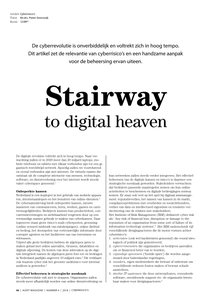Crew resource management (CRM) training for flight crews is widespread and has been credited with improving aviation safety. As other industries have adopted CRM, they have interpreted CRM in different ways. We sought to understand how industries have adopted CRM, regarding its conceptualisation and evaluation. For this, we conducted a systematic review of CRM studies in theMaritime, Nuclear Power, Oil and Gas, and Air Traffic Control industries. We searched three electronic databases (Web of Science, Science Direct, Scopus) and CRM reviews for papers. We analysed these papers on their goals, scope, levers of change, and evaluation. To synthesise, we compared the analysis results across industries. We found that most CRM programs have the broad goals of improving safety and efficiency. However, there are differences in the scope and levers of change between programs, both within and between industries. Most evaluative studies suffer from methodological weaknesses, and the evaluation does not align with how studies conceptualise CRM. These results challenge the assumption that there is a clear link between CRM training and enhanced safety in the analysed industries. Future CRM research needs to provide a clear conceptualisation—how CRM is expected to improve safety—and select evaluation measures consistent with this.
DOCUMENT

De digitale revolutie voltrekt zich in hoog tempo. Naar verwachting zullen er in 2020 meer dan 20 miljard laptops, mobiele telefoons en tablets met elkaar verbonden zijn tot een gigantisch wereldwijd netwerk. Spoedig zullen we voortdurend en overal verbonden zijn met internet. De virtuele ruimte die ontstaat uit de complexe interactie van mensen, technologie, software, en dienstverlening over het internet wordt steeds vaker cyberspace genoemd
DOCUMENT
